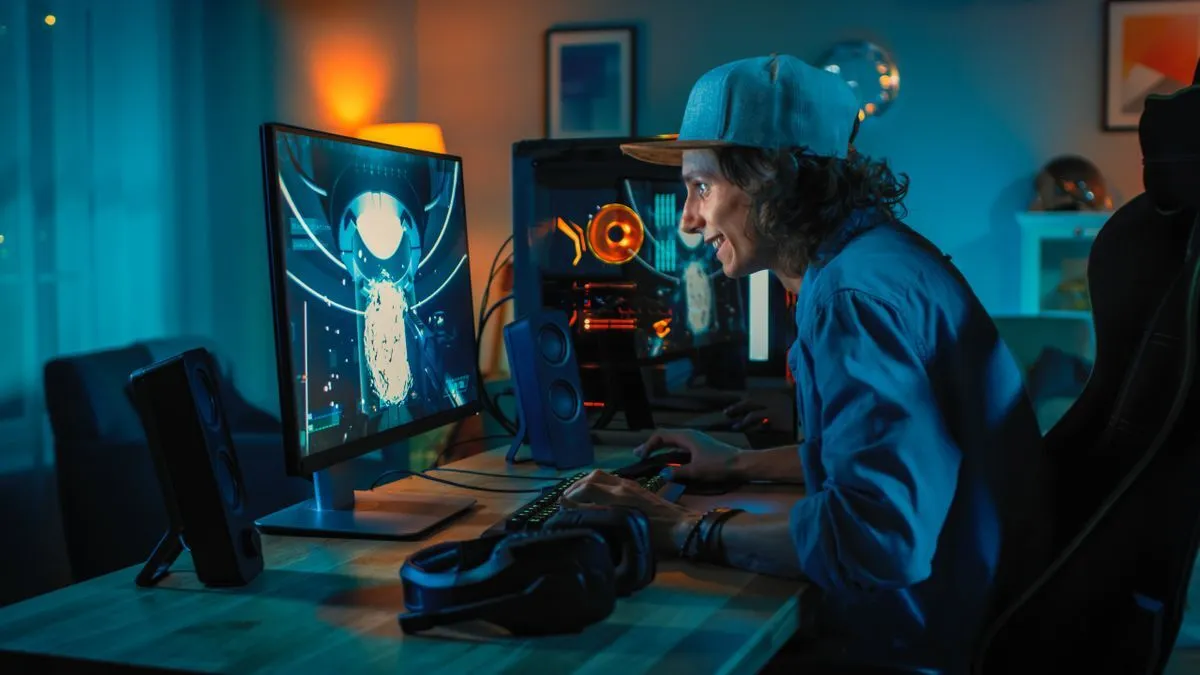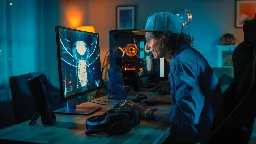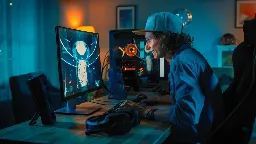Arch and other Linux operating systems Beat Windows 11 in Gaming Benchmarks
Arch and other Linux operating systems Beat Windows 11 in Gaming Benchmarks

All three Linux distros managed to beat Windows 11 while using Vavle's Proton compatibility layer.

Arch and other Linux operating systems Beat Windows 11 in Gaming Benchmarks::ComputerBase benchmarked three different Linux operating systems and found that all three can achieve better gaming performance than Windows 11.


